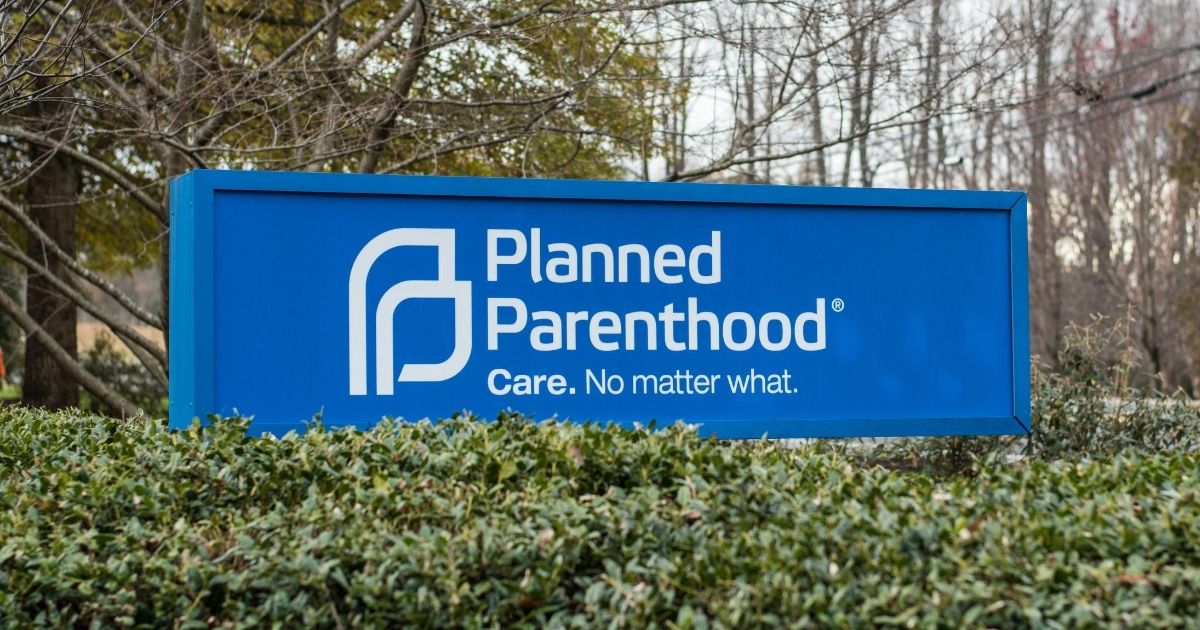
Op-Ed: COVID-19 Has Given Abortion Providers a Terrifying Opportunity, And They're Acting Fast
The time for labeling buildings where unborn children are put to death as abortion “clinics” can now be declared officially over.
With a stroke of his pen, a single federal judge in Maryland has struck down a longstanding health regulation from the Food and Drug Administration that was designed to provide women with a modicum of contact with a member of the medical profession.
In a giant leap backward for humankind, Judge Theodore Chuang imposed a new policy, initially limited to the era of COVID-19, that allows abortion facilities to operate essentially as pill mills.
Under the stricken FDA requirements, women considering abortion by ingestion of a two-drug regimen were guaranteed in-person access to a medical provider – not just someone in a white coat, but a “certified prescriber” who was capable of determining gestation and of diagnosing when a pregnancy is ectopic – that is, located somewhere in the woman’s body, like the Fallopian tube, where the unborn child’s continued growth can kill her.
Not only is a real doctor-patient relationship necessary for these screening purposes, but access to a physician, especially one with community ties, is vital to ensure that any of the complications of the abortion pill can be managed in a timely manner.
This is urgent because the abortion pill regimen causes a far higher number of injuries than surgical abortion, among which are heavy blood loss and infection. Under this new non-regimen, the woman or girl will have a video interview with the provider and may pick up the pills or have them mailed or delivered to her or her parents’, or even abuser’s, home – abortion in a plain, brown wrapper.
The relevant definition of “clinic” at Merriam-Webster’s Online Dictionary is “a facility (as of a hospital) for diagnosis and treatment of outpatients.”
Abortion facilities start with the fatal fact that the women who come to see them are not ill, but with child, and the facility does virtually nothing to treat medical conditions related to pregnancy.
Judge Chuang acknowledges that abortion facilities are already using telemedicine — rather than physically examining their patients to verify gestation and that the baby is growing in the womb — to “determine” if women or girls are eligible for abortion pills. Add now that abortion providers may never meet their patients face-to-face and that their facilities may not be open to offer timely follow-up or help a woman or girl at her hour of need.
What is clinical about that?
A recent article in The Guardian, a publication friendly to unlimited abortion, deplored the practices that have led to abortion pill mills commanding 40 percent or more of the newly expanding abortion market.
Writer Jessa Crispin complained, “Planned Parenthood and other clinics charge $400–$600 (the price varies from region to region and clinic to clinic) for the combination of drugs that induce a medication abortion, despite the fact that the medication only costs about $90 for the clinics. That’s the same amount charged for the surgical procedure – and that’s if you want to experience potential white-knuckling pain during an already potentially emotionally traumatic procedure; if you want pain relief it will cost you much more.”
There is a simple explanation for this behavior. The providers involved are not acting like medical professionals, and as of this ruling, they will have no more familiarity with many of their patients than a bank does with online depositors.
But there is even more to the story.
The Maryland court case is only one lawsuit against the FDA. Abortion groups, led by the American Civil Liberties Union, are suing the FDA in Hawaii, a well-chosen jurisdiction in the 9th Federal Circuit, in a case demanding the ability to distribute abortion pills via pharmacies.
International abortion advocates like Gynuity Health Projects recently published a multi-country study, including the United States, dispensing the pills up to 77 days (11 weeks) of pregnancy. But they’re not stopping there. Last year Gynuity conducted a clinical trial in Burkina Faso, one of the most medically underserved nations in the world, using abortion pills in the second trimester – right up to the cusp of viability at 22 weeks of gestation.
Undoubtedly, at these later stages, more women will experience failed abortions and other serious complications and at least some unborn children will be born alive.
What is the future these groups envision? Is it one where children are aborted in the shower or a college bathroom, with the mother medically unattended and underinformed about options for emergency treatment?
In some cases, if the industry has its way with a new trial of “no-test” abortion, where the woman’s ability to cope with the procedure physically and mentally will be presumed, girls as young as 10 will be subjected to these barbaric procedures.
Does this sound like clinical practice? It is medically embarrassing that the wealthy and once life-valuing United States has reached this pass.
Judge Chuang may have thought so, but COVID-19 is not the reason for this degradation. It’s not COVID at all; it’s the cowardice of elites who put the interests of big abortion over the lives and health of women and girls.
The views expressed in this opinion article are those of their author and are not necessarily either shared or endorsed by the owners of this website. If you are interested in contributing an Op-Ed to The Western Journal, you can learn about our submission guidelines and process here.
Truth and Accuracy
We are committed to truth and accuracy in all of our journalism. Read our editorial standards.
Advertise with The Western Journal and reach millions of highly engaged readers, while supporting our work. Advertise Today.













